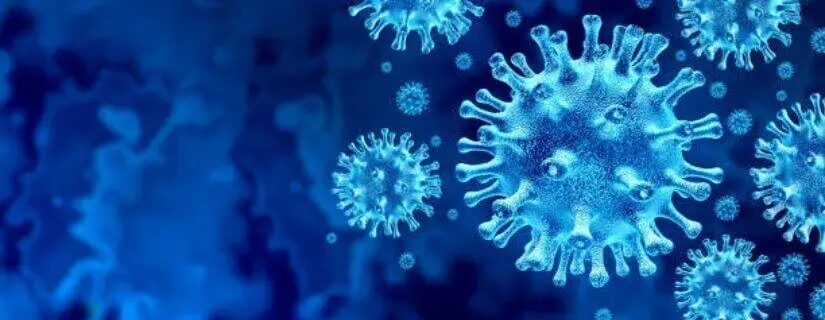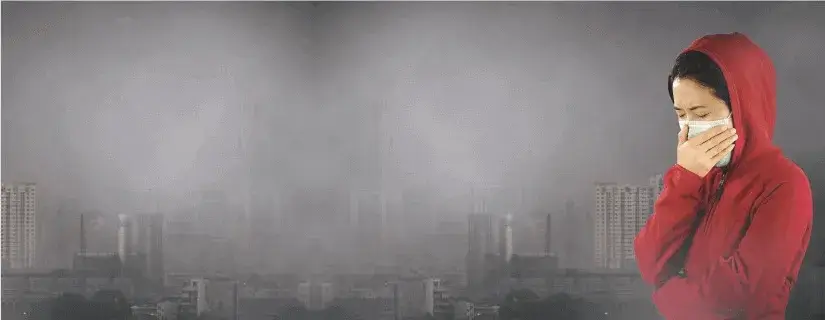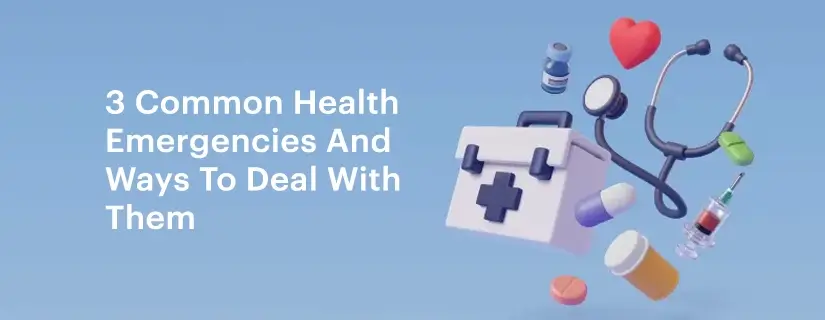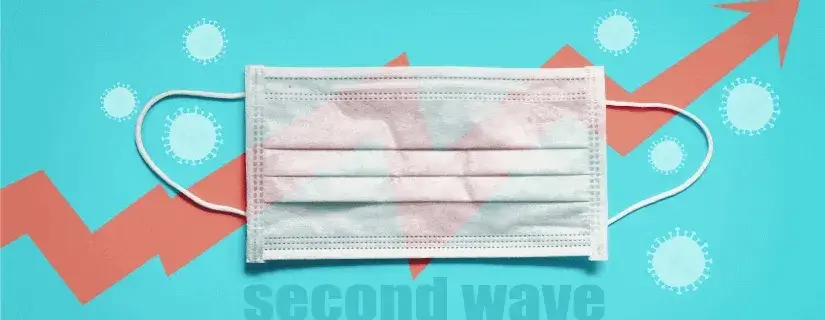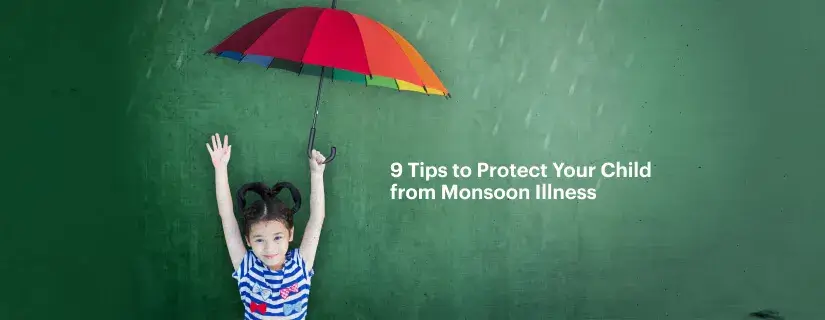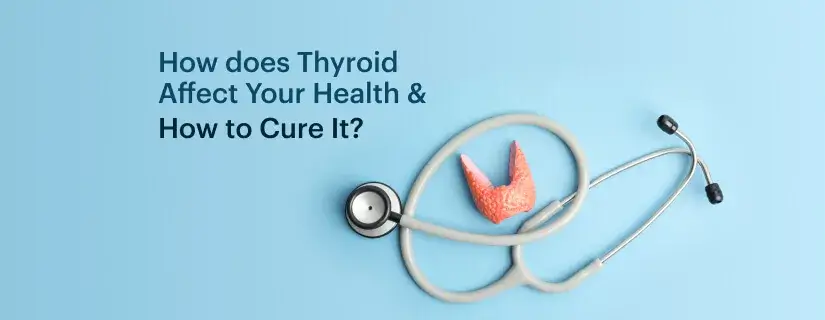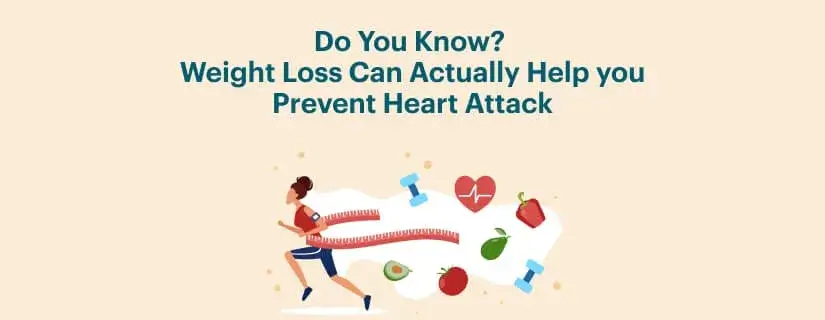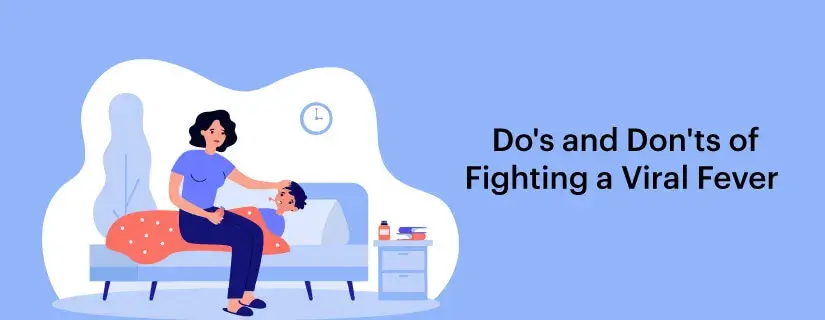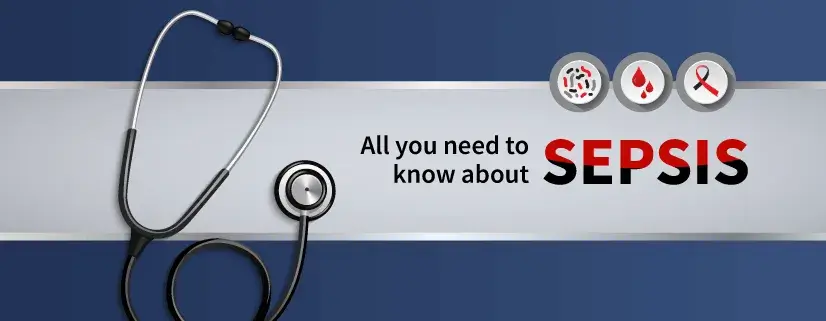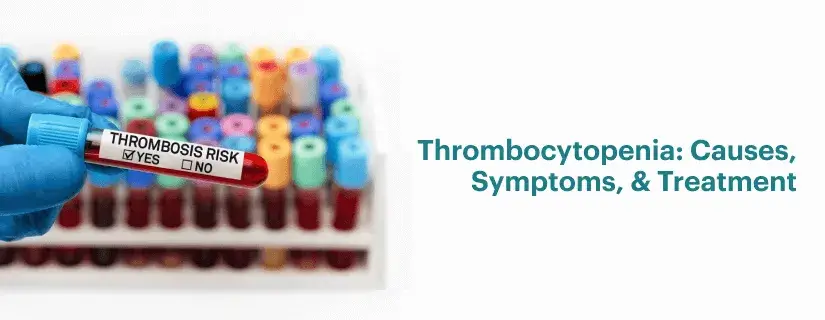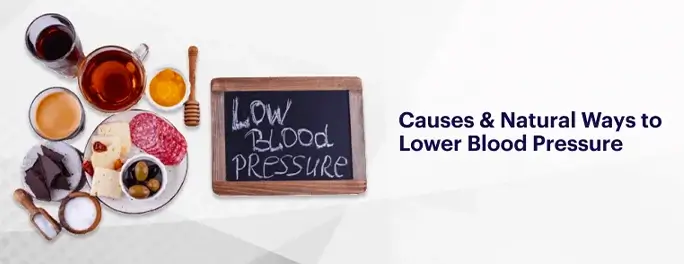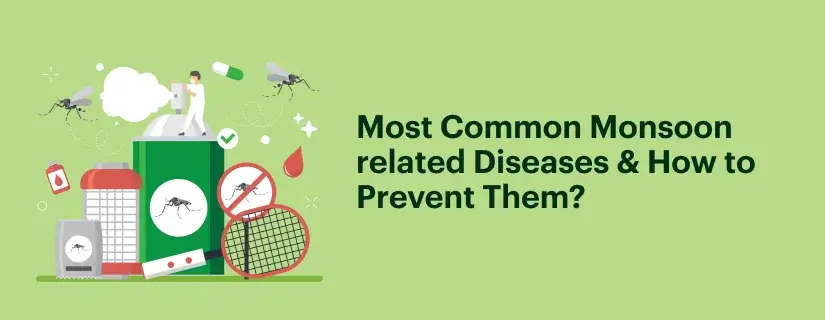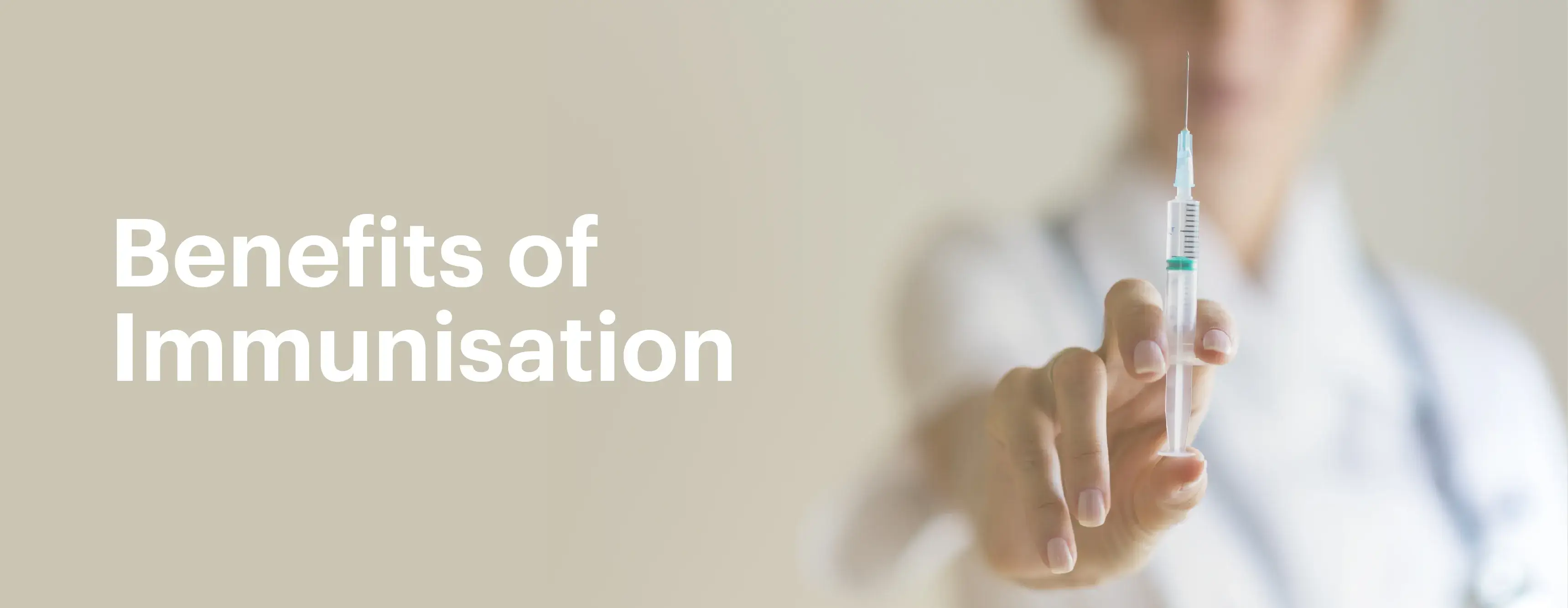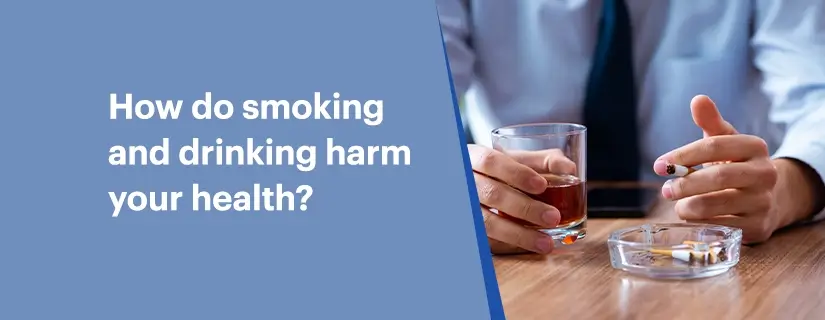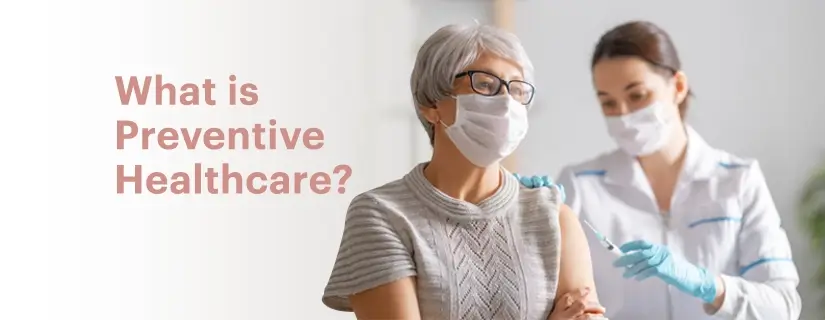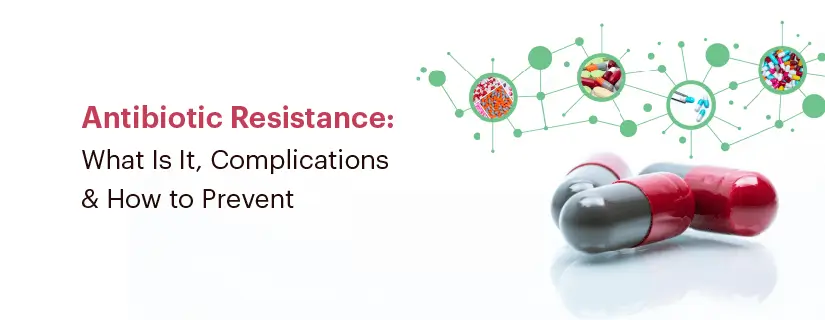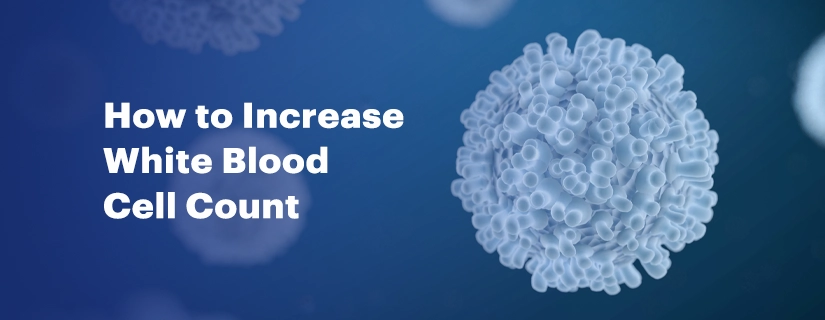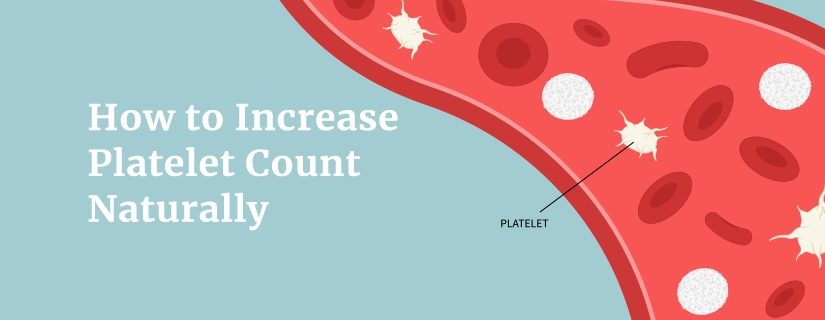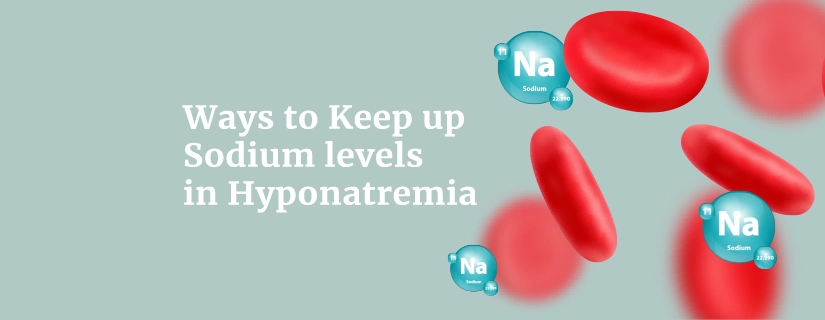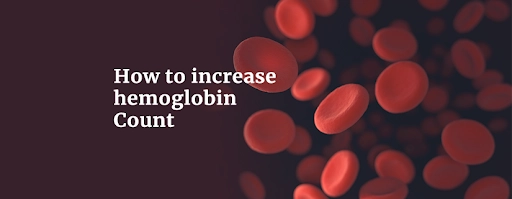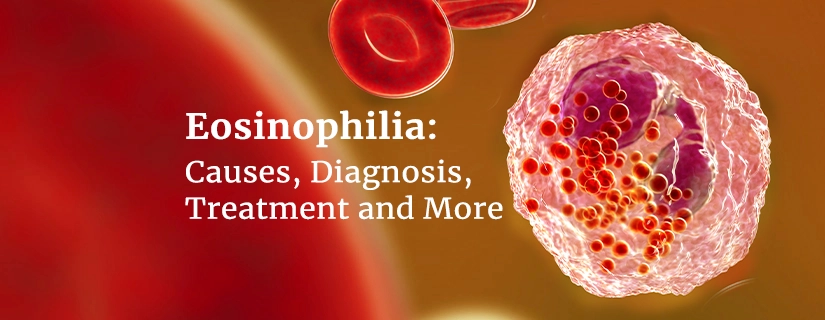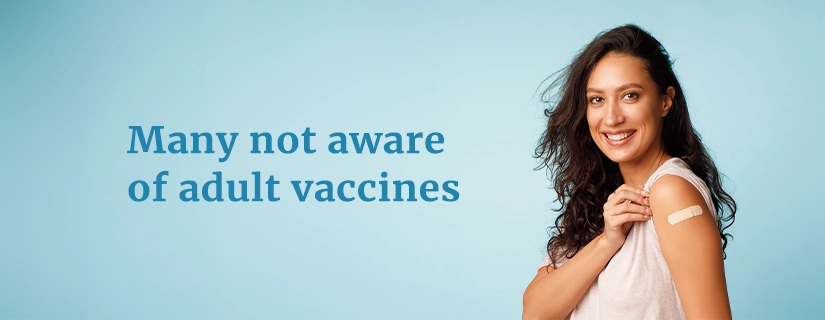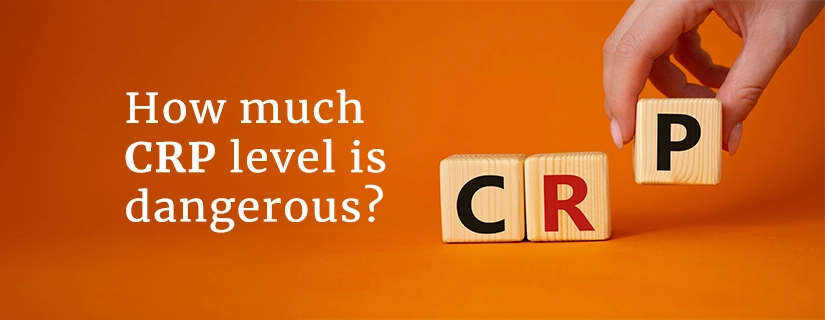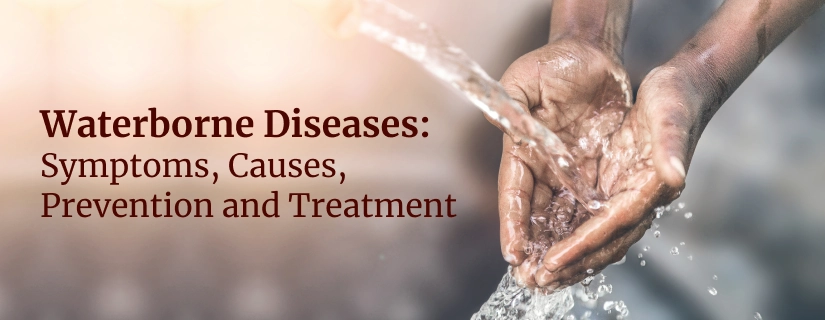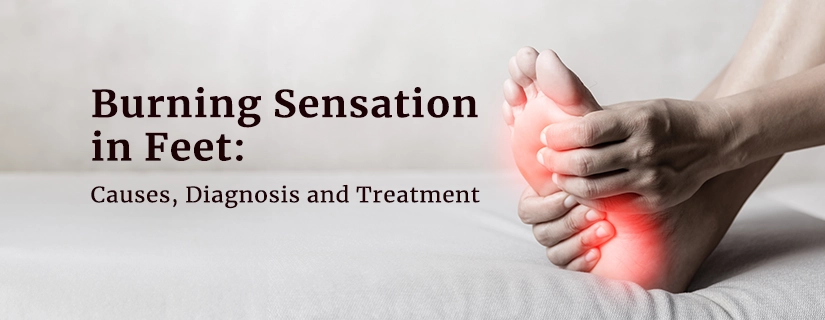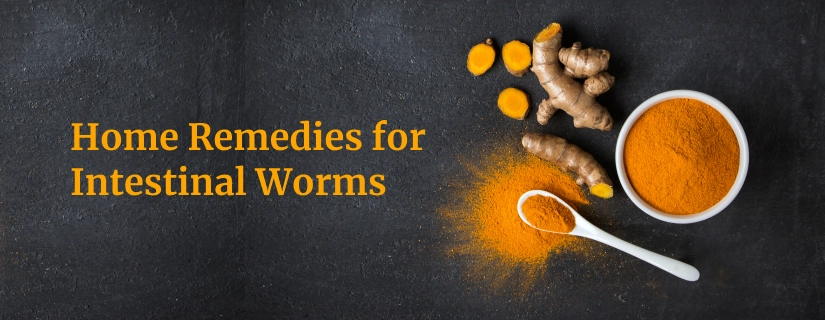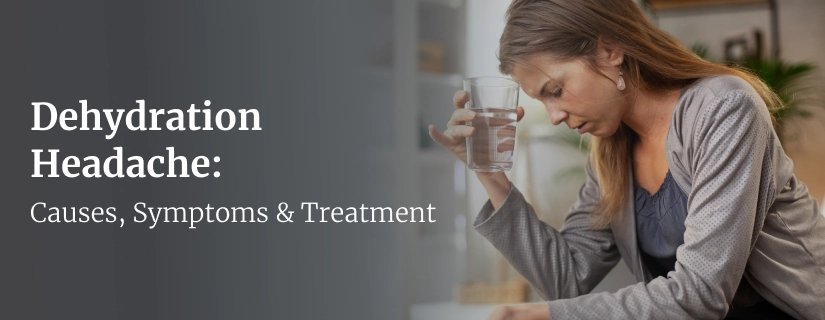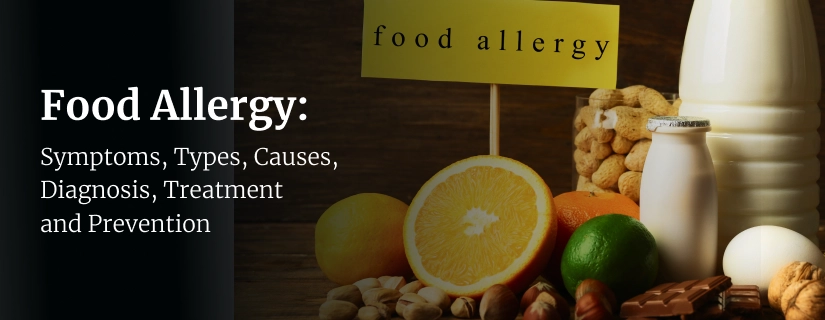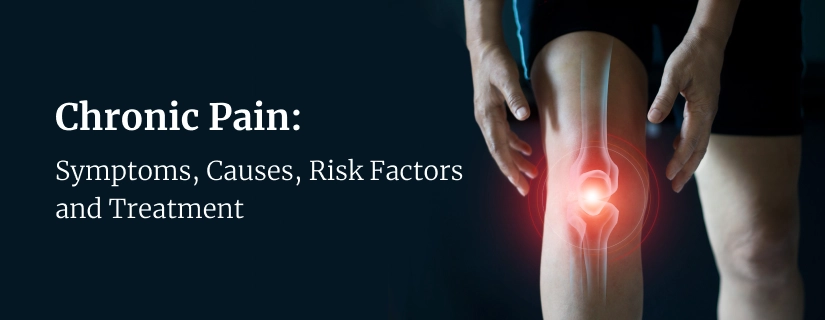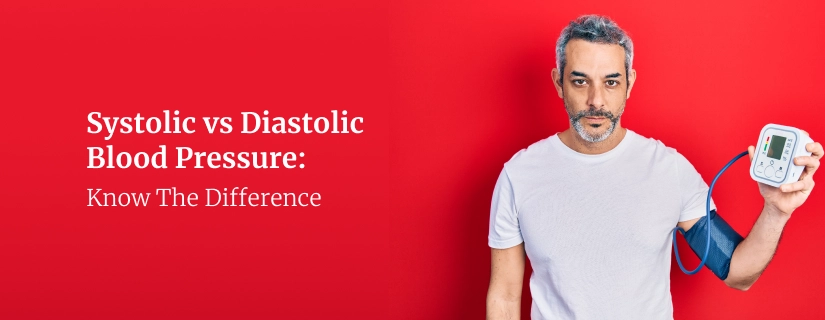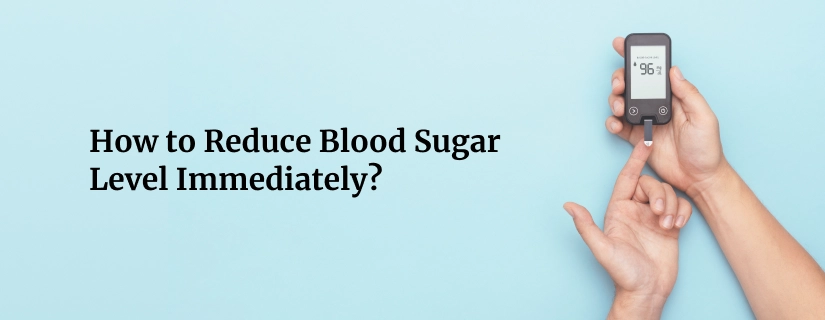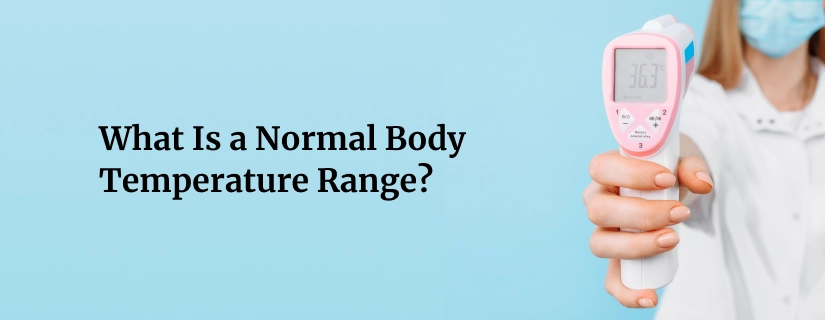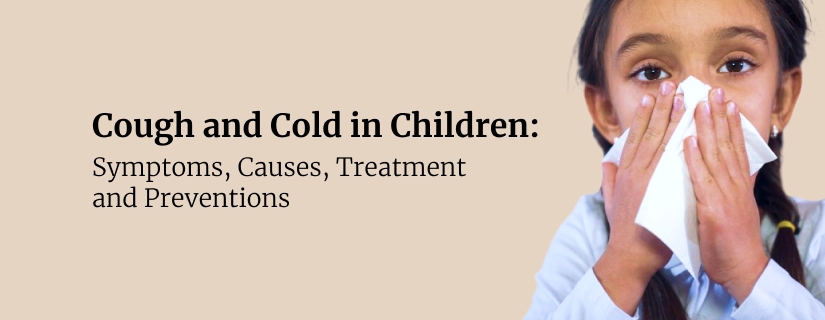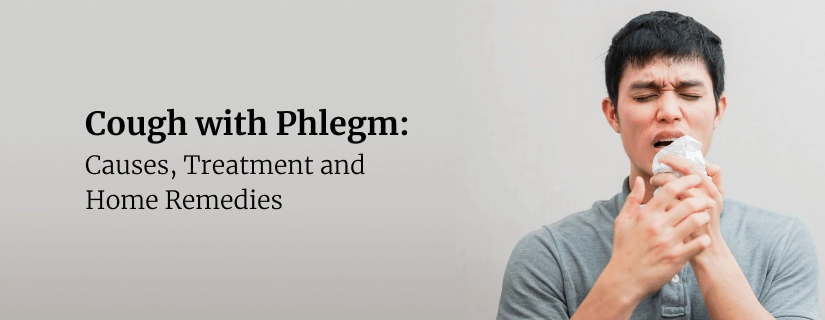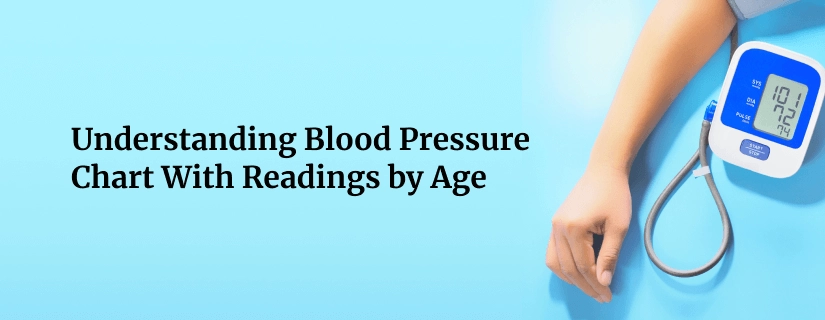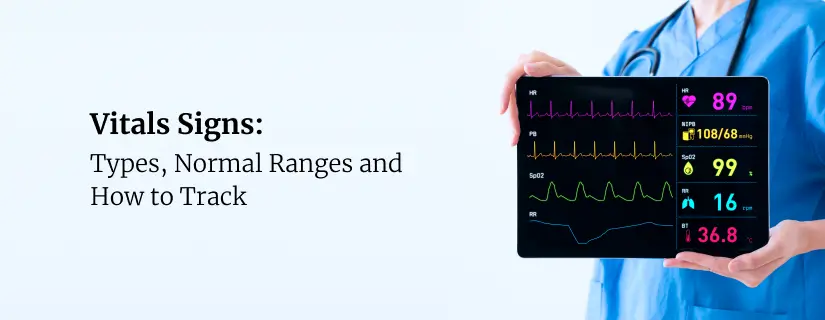-
Doctors
-
Specialities & Treatments
Centre of Excellence
Specialties
Treatments and Procedures
Hospitals & Directions HyderabadCARE Hospitals, Banjara Hills CARE Outpatient Centre, Banjara Hills CARE Hospitals, HITEC City CARE Hospitals, Nampally Gurunanak CARE Hospitals, Musheerabad CARE Hospitals Outpatient Centre, HITEC City CARE Hospitals, Malakpet
HyderabadCARE Hospitals, Banjara Hills CARE Outpatient Centre, Banjara Hills CARE Hospitals, HITEC City CARE Hospitals, Nampally Gurunanak CARE Hospitals, Musheerabad CARE Hospitals Outpatient Centre, HITEC City CARE Hospitals, Malakpet Raipur
Raipur
 Bhubaneswar
Bhubaneswar Visakhapatnam
Visakhapatnam
 Nagpur
Nagpur
 Indore
Indore
 Chh. Sambhajinagar
Chh. SambhajinagarClinics & Medical Centers
Book an AppointmentContact Us
Online Lab Reports
Book an Appointment
Consult Super-Specialist Doctors at CARE Hospitals
Hypothermia – Causes, Symptoms, and Treatment
Updated on 11 April 2023
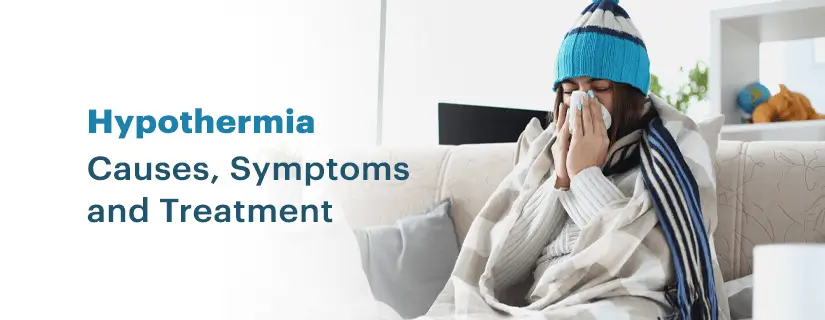
Table of Content
Hypothermia, commonly known as low body temperature, is a condition in which the human body's temperature falls below 35 degrees Celsius (96 F). This medical emergency occurs when the body loses heat faster than it can produce heat.
The normal body temperature is around 37 degrees Celsius (98.6 F). When the temperature drops below the normal temperature, then the respiratory system, heart and other organs stop functioning properly. If hypothermia is left untreated, it will result in the failure of the respiratory system and heart, and it can even lead to death. Therefore, treatment should be given promptly to avoid complications of hypothermia.
Types of Hypothermia
Here are different types or classifications of hypothermia:
Primary Hypothermia: Refers to hypothermia resulting from exposure to cold temperatures, such as being outdoors in cold weather for an extended period without adequate protection or clothing.
Secondary Hypothermia: This type can occur due to underlying medical conditions or situations that interfere with the body's ability to regulate temperature, such as certain medications, alcohol or drug intoxication, thyroid disorders, or neurological conditions.
Differentiating between these types of hypothermia is crucial for determining the appropriate treatment and management based on the severity and underlying causes of the condition. It's important to seek immediate medical attention for severe hypothermia as it can be life-threatening.
Causes of Hypothermia
Humans suffer from low body temperature conditions when they lose heat. The main cause of hypothermia is the prolonged exposure of the human body to cold weather. Other causes of hypothermia include:
- Not wearing warm clothes in cold weather conditions.
- Staying for a long time in the cold.
- Wearing wet clothes and not moving to dry and warm locations.
- Staying in water for long.
- Living in a cold or air-conditioned house.
Signs & Symptoms of Hypothermia
Hypothermia occurs in temperatures over 40 degrees Fahrenheit. Below are the signs and symptoms of hypothermia:
Symptoms of mild hypothermia (95 F to 89.6 F)
- Exhaustion
- Shivering
- Slow reactions and clumsiness
- Sleepiness
- Low pulse rate
- Tachycardia (fast heart rate)
- Tachypnea (fast breathing rate)
- Loss of awareness
- Faded skin colour
- Excessive urination
Symptoms of moderate hypothermia (89.6 F to 82.4 F)
- Low heart and breathing rate
- Dysarthria (slurred speech)
- Improper functioning of the brain
- Loss of shivering
- Bluish skin colour
- Stiffness in muscles
- Swelling in pupils
- Abnormal heart rate
- Low blood pressure
- Loss of movement
- Loss of consciousness
Symptoms of Severe Hypothermia (less than 82.4 F)
- Loss of reflexes
- Fluid in lungs
- Low blood pressure
- Less urine output
- Cardiac arrest (heart stops functioning)
- Coma
Risk Factors of Hypothermia
Below are some risk factors for hypothermia –
- Older age – The ability of the body to sense cold and regulate temperature reduces with age.
- Younger age – Children and infants lose heat faster than adults.
- Mental illness – People suffering from dementia or other mental problems do not understand the risks of cold weather and may stay outside for long.
- Alcohol – Consumption of alcohol expands the blood vessels resulting in faster heat loss.
- Medications – Certain medications or drugs reduce the ability of the body to regulate temperature.
When to worry about Hypothermia?
A person can have mild, moderate or severe hypothermia. Severe hypothermia can lead to death. A person should seek medical attention if the body temperature becomes lower than 85 F. He should go to the hospital if his body becomes cold, his pulse drops and feels dizzy.
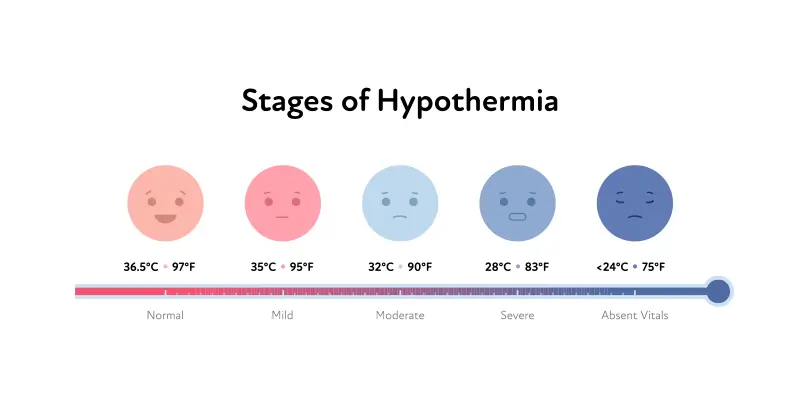
Stages of Hypothermia:
- Mild Hypothermia: This stage occurs when the body temperature drops moderately below the normal range (around 95-89.6°F or 35-32°C). Symptoms may include shivering, cold sensation, numbness, and mild confusion.
- Moderate Hypothermia: In this stage, the body temperature continues to decrease (between 89.6-82.4°F or 32-28°C). Shivering may decrease or stop, and symptoms may intensify, including severe shivering, slurred speech, confusion, drowsiness, and lack of coordination.
- Severe Hypothermia: Severe hypothermia occurs when the body temperature drops to dangerously low levels (below 82.4°F or 28°C). At this stage, shivering may stop entirely, and the person may appear unconscious or unresponsive. Vital signs, such as a weak pulse, shallow breathing, and dilated pupils, can be present. Severe hypothermia is a medical emergency requiring immediate treatment.
How does your Body Lose Heat in Hypothermia?
In hypothermia, when the body's core temperature drops below normal, the body loses heat through various mechanisms:
- Radiation: The body radiates heat to its surroundings. When the surrounding environment is colder than the body, heat is lost from the skin's surface to the cooler surroundings.
- Conduction: Heat loss occurs through direct contact with colder surfaces or objects. If an individual is in direct contact with cold surfaces, heat transfers from the body to these objects.
- Convection: Air or liquid currents around the body, particularly cold wind or water, can strip away heat from the skin's surface. This effect is heightened when the body is wet.
- Evaporation: In certain situations, like sweating or breathing, the body loses heat through evaporation. When clothes are wet or due to respiration, the body might lose heat through moisture evaporation.
Complications of Hypothermia
Complications of hypothermia, especially when left untreated or severe, can lead to several serious health issues, including:
- Cardiac Arrhythmias: Hypothermia can disrupt the heart's normal electrical activity, leading to irregular heartbeats (arrhythmias), which may result in cardiac arrest.
- Respiratory Problems: Breathing difficulties may arise due to the effects of hypothermia on the respiratory system, leading to shallow breathing, respiratory failure, or even lung collapse.
- Neurological Issues: Severe hypothermia can impair brain function, causing confusion, disorientation, slurred speech, or loss of consciousness. In extreme cases, it can lead to coma or permanent brain damage.
- Tissue Damage: Frostbite can occur in severely cold conditions, causing damage to the skin and underlying tissues due to freezing. This can lead to tissue death and necrosis.
- Kidney Problems: Hypothermia can affect kidney function, leading to decreased urine production or kidney failure.
- Coagulopathy: In some cases, hypothermia can disrupt the body's blood clotting ability (coagulopathy), leading to increased bleeding tendencies.
Diagnosis of Hypothermia
Doctors take the body's temperature and check the symptoms during the diagnosis of hypothermia. Depending upon the symptoms and how low the temperature is, the patients will be diagnosed with severe, moderate or mild hypothermia.
Treatment Options for Hypothermia
The treatment of hypothermia focuses on gradually warming the body and providing supportive care. Here are the steps typically taken in treating hypothermia:
- Move to a Warm Environment: If possible, move the individual to a warmer place, away from cold and wind. Remove wet clothing and replace with dry, warm layers.
- Warm the Body Gradually: Use blankets, additional clothing, or heating pads to warm the person slowly. Avoid sudden exposure to high heat sources like hot water or heating lamps, as this can lead to complications.
- Provide Warm Fluids: Offer warm beverages, not alcohol or caffeine, to help raise body temperature internally. Avoid anything too hot to prevent burns.
- Monitor Vital Signs: Continuously monitor the individual's temperature, pulse, and breathing. In severe cases, medical personnel may need to monitor heart rhythm and other vital signs closely.
- Seek Medical Attention: For moderate to severe cases of hypothermia, or if the person's condition doesn't improve, seek immediate medical help. Severe hypothermia requires professional medical intervention, possibly including warm intravenous fluids or external rewarming devices.
- Handle Gently: Handle the individual gently to avoid further complications. Do not massage or rub extremities, as this can cause tissue damage in severe cases of hypothermia.
Prevention
- People stepping out in the cold should follow the acronym COLD –
- Cover – Prevent heat from escaping out from hands, neck, head and face by covering them with warm gloves, hat and scarf.
- Overexertion – Avoid doing physical activities as these will result in sweating. Cold weather and wet clothes will cause the body to lose heat.
- Layers – Wear layered light-fitting clothing. Clothes or inner layers made from silk, polypropylene or wool help to hold heat.
- Dry – People should remain as dry as possible. Do not wear wet clothes and move to warm locations.
- Do not travel in bad weather. Keep emergency supplies like canned food, warm drinking water, first-aid kit, blankets, etc while travelling in cold weather.
- Avoid drinking alcohol outside in cold conditions.
- Keep the homes warm. The temperature of the home should be above 68 F.
- Do walking to increase the body temperature.
- Consume warm foods and drinks.
- People working outside in cold weather should take regular breaks and sit in warm places to maintain their body temperature.
FAQ's
What are the 5 stages of hypothermia?
Stage 1: Mild hypothermia (shivering, cold sensation).
Stage 2: Moderate hypothermia (intense shivering, confusion, difficulty speaking).
Stage 3: Severe hypothermia (shivering stops, muscle rigidity, slurred speech).
Stage 4: Critical hypothermia (loss of consciousness, weak pulse, shallow breathing).
Stage 5: Terminal hypothermia (heart failure, coma, death).
At what temperature is hypothermia?
Hypothermia typically occurs when the body's core temperature drops below 95°F (35°C).
Is it OK to sleep during hypothermia?
In cases of hypothermia, it's critical to avoid falling asleep, especially in severe stages. Hypothermia can lead to unconsciousness and even death if left untreated. Seek immediate medical help.
Is hypothermia painful?
In its early stages, hypothermia may cause discomfort due to shivering and feeling extremely cold. However, as hypothermia progresses and the body's functions slow down, individuals may lose consciousness, and in advanced stages, they might not feel pain.
Can hypothermia cause damage?
Yes, hypothermia can cause severe damage or be fatal if not treated promptly. It can lead to organ failure, cardiac arrhythmias, frostbite, and, in extreme cases, death. Prompt treatment is crucial to prevent complications.

ENQUIRY FORM
SELECT CATEGORIES
-
Neurosciences (16)
-
Neurology (37)
-
Neurosurgery (14)
-
Orthopaedics (48)
-
Oncology (33)
-
Obstetrics and gynecology (51)
-
Pulmonology (23)
-
Urology (20)
-
Nephrology (13)
-
Psychiatry (7)
-
Dietetics and Nutrition (111)
-
General Medicine (63)
-
Cardiac Sciences (30)
-
Vascular & Endovascular Surgery and Interventional Radiology (10)
-
Gastroenterology (46)
-
Endocrinology (23)
-
Plastic Surgery (10)
-
Critical Care Medicine (5)
-
COVID-19 (16)
-
Dermatology (16)
-
Emergency Care (1)
-
Ophthalmology (4)
-
Pediatrics (14)
-
Laparoscopic and Bariatric Surgery (8)
-
ENT (15)
-
Kidney Transplant (1)
-
Liver Transplantation and Hepatobiliary Surgery (5)
-
General Surgery (3)
-
Internal Medicine (5)
-
Medicine Information
HIV and AIDS: Symptoms, Causes, and Treatments
Insomnia: What it is, Symptoms, Causes and Treatment
YOU MAY ALSO LIKE
RECENT BLOGS
-

Direct Anterior Approach in Total Hip Replacement: Advantages and Challenges
10 April 2025
Read More
-

Zinc Deficiency: Signs and Symptoms, Causes, Treatment
9 April 2025
Read More
-

Chest Pain When Coughing: Causes, Treatment and Home Remedies
9 April 2025
Read More
-

12 Health Benefits of Eating Mushrooms
8 April 2025
Read More
-

7 Health Benefits of Blood Donation You Should Know About
8 April 2025
Read More
-

Implantation Bleeding Vs Periods: Know the Difference
28 February 2025
Read More
-

Bloating During Ovulation: Symptoms, Causes and Remedies
28 February 2025
Read More
-

Itching During Dengue: Causes, Treatment and Home Remedies
18 February 2025
Read More
Have a Question?
If you cannot find answers to your queries, please fill out the enquiry form or call the number below. We will contact you shortly.



